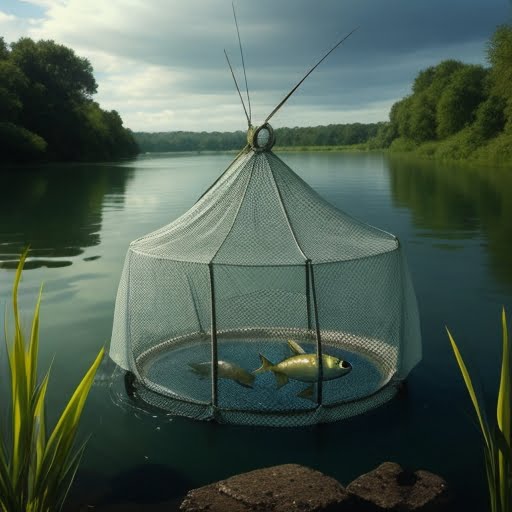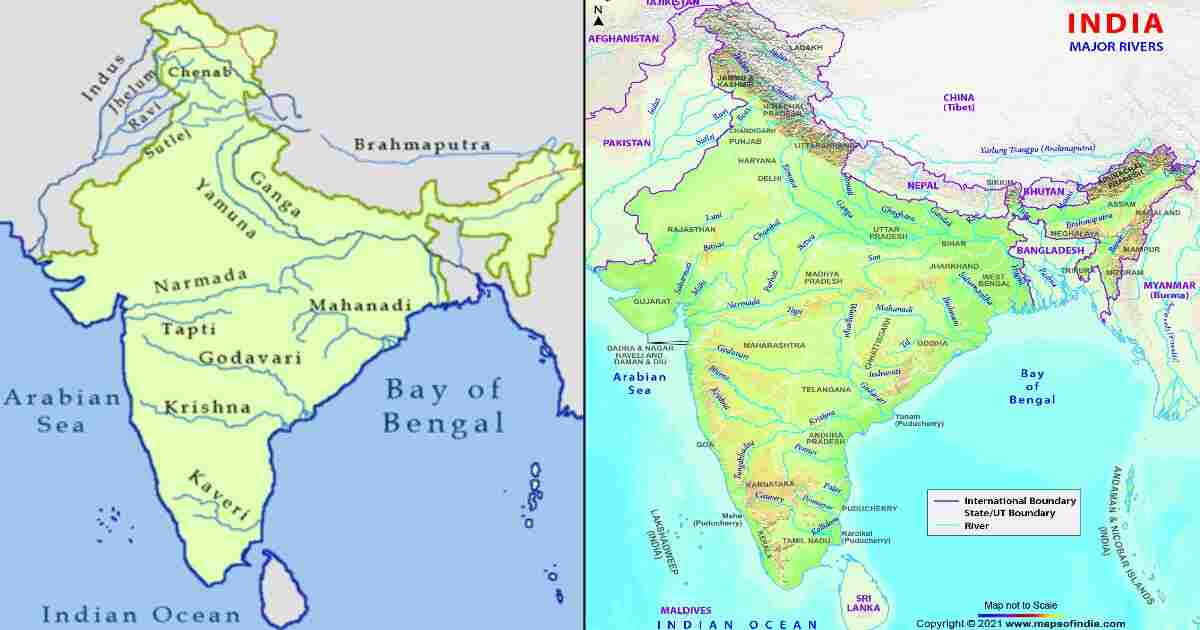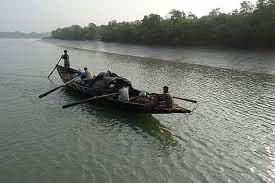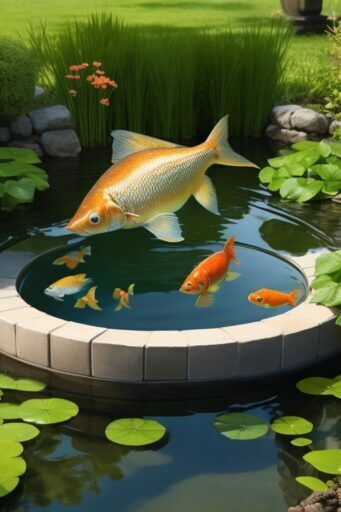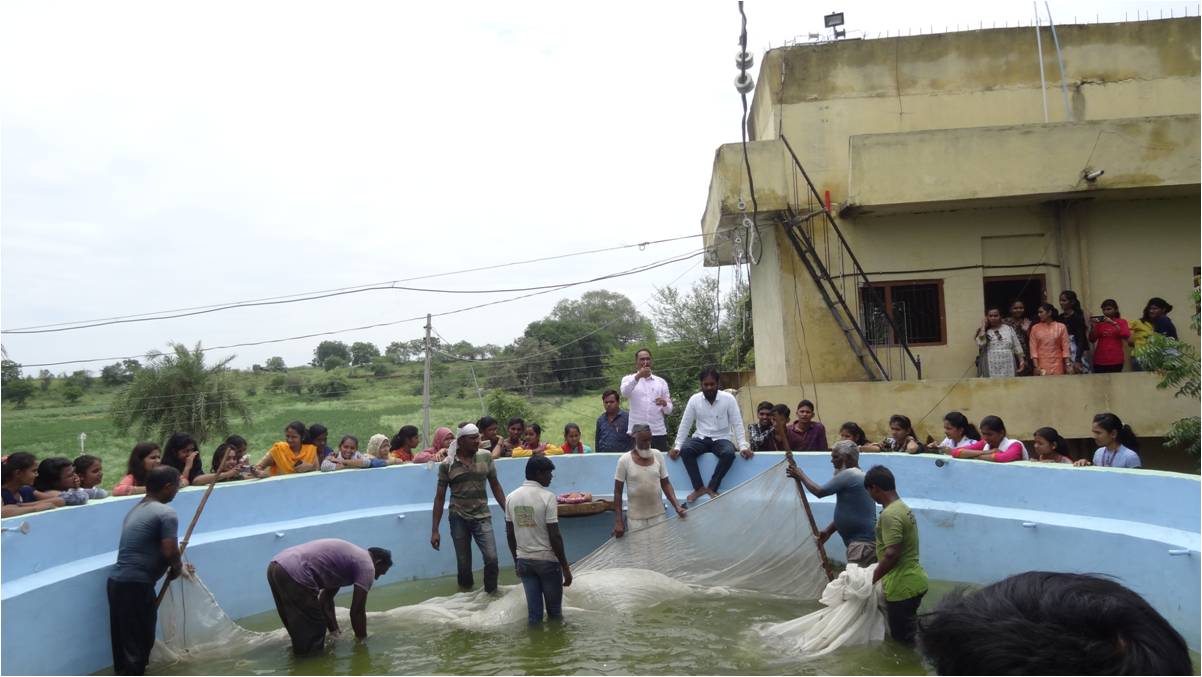Fish Pond Productivity: Fish farming is an essential aspect of aquaculture, providing a sustainable source of protein for human consumption.
To ensure a successful and thriving fish pond, it is crucial to understand the factors influencing productivity and implement effective management practices.
Fish Pond Productivity Factors Responsible
Fish pond productivity refers to the ability of a pond to support a healthy and abundant fish population. Several factors come into play when assessing and enhancing productivity, including water quality, stocking density, feeding practices, and disease control.
- Stocking Density: Maintaining the right stocking density is vital for optimizing productivity. Overstocking can lead to overcrowding, stress, and poor growth rates, while under stocking may result in inefficient resource utilization. It is recommended to consult with aquaculture experts to determine the ideal stocking density for the specific fish species in your pond.
- Water Quality: High-quality water is essential for fish health and growth. Regularly monitor parameters such as dissolved oxygen, pH, ammonia, and temperature. Proper aeration and regular water exchanges can help maintain optimal water quality.
- Feeding Practices: Providing the right type and amount of feed is crucial for fish growth and productivity. Use high-quality feeds and follow a consistent feeding schedule. Avoid overfeeding, as it can lead to water pollution and health issues for the fish.
- Habitat and Vegetation: Creating a suitable habitat with adequate vegetation and shelters allows fish to thrive. Aquatic plants not only provide hiding places but also contribute to the pond’s ecosystem by recycling nutrients.
- Pond Design and Construction: Well-designed ponds with proper water circulation and drainage facilitate better management and contribute to overall productivity.
Optimal Feeding Practices for Fish in Ponds
Fish require a balanced diet for optimum growth and health. Use feeds specifically formulated for the species in pond. Implement the following feeding practices:
- Feed Size and Frequency: Offer feeds appropriate for the size of your fish. Younger fish may require smaller pellets more frequently, while mature fish can be fed larger pellets with longer intervals between feedings.
- Feeding Techniques: Distribute feed evenly across the pond to ensure all fish have access to food. Using automatic feeders can help maintain consistency in feeding times and quantities.
- Monitor Feed Conversion Ratio (FCR): FCR measures the efficiency of feed utilization. Lower FCR indicates more efficient feed usage and better productivity.
Water Quality Management
Maintaining optimal water quality is fundamental for the well-being of fish. Implement these practices for effective water quality management:
- Regular Water Testing: Conduct routine tests for oxygen levels, pH, ammonia, and other relevant parameters. Promptly address any water quality issues to prevent fish stress and health problems.
- Aeration: Proper aeration ensures adequate oxygen supply to the fish, particularly in densely stocked ponds or during hot weather when oxygen levels can drop.
- Water Exchange: Periodically exchange water to reduce nutrient buildup and maintain water clarity.
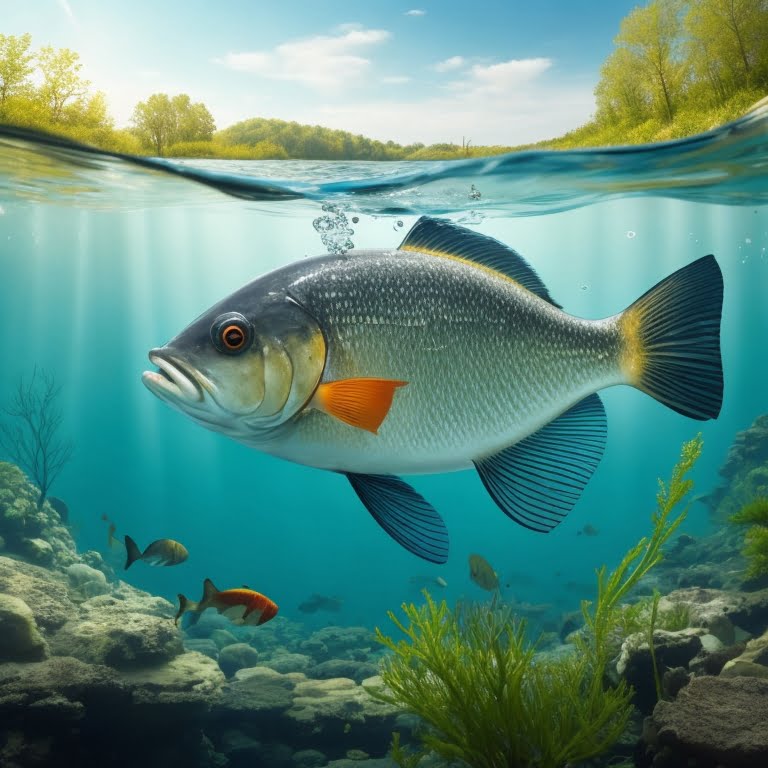
Disease Prevention and Control
Fish in ponds are susceptible to various diseases, which can significantly impact productivity. Implement the following measures to prevent and manage diseases:
- Quarantine: Isolate new fish before introducing them to the main pond to prevent the spread of potential diseases. ‘Fish Pond Productivity’
- Maintain Pond Hygiene: Regularly remove dead fish, uneaten feed, and debris from the pond to reduce disease vectors.
- Monitoring: Keep a close eye on fish behavior and appearance to detect any signs of illness early. Swift action can help prevent disease outbreaks.
- Consult a Veterinarian: In case of disease outbreak, seek the advice of a veterinarian experienced in fish health to diagnose and treat the issue appropriately.
Harvesting and Post-Harvest Handling
Harvesting is the culmination of your efforts in maximizing fish pond productivity. Follow these guidelines for a successful harvest:
- Harvesting Timing: Plan the harvest when the fish reach the desired market size to maximize profitability.
- Proper Handling: Handle the fish carefully during harvesting to minimize stress and injury. ‘Fish Pond Productivity’
- Processing: If required, process the harvested fish following appropriate techniques to maintain quality and shelf life. ‘Productivity of Fish Ponds’
Conclusion
Improving the productivity of fish ponds requires a holistic approach encompassing water quality management, proper feeding practices, disease prevention, and efficient harvesting. By following the guidelines provided in this comprehensive guide, you can create a thriving and successful fish farming venture.
Frequently Asked Questions (FAQs)
What is the ideal stocking density for fishponds?
The ideal stocking density varies depending on the fish species, pond size, and water quality. Consult with an aquaculture expert to determine the optimal stocking density for your specific situation. ‘Fish Pond Productivity’
How often should I feed the fish in my pond?
Feeding frequency depends on the fish’s age and size. Younger fish may require more frequent feeding, while adult fish can be fed less often. Follow a consistent feeding schedule to avoid overfeeding. ‘Fish Pond Productivity’
What are some effective ways to control pond water quality?
Regularly monitor water parameters, perform water exchanges, and ensure proper aeration. Adequate vegetation and habitat also contribute to maintaining good water quality. ‘Fish Pond Productivity’
How can I prevent and manage fish diseases in my pond?
To prevent diseases, quarantine new fish before introducing them to the main pond, maintain pond hygiene, and monitor fish health regularly. Seek advice from a fish health expert if you encounter any issues.

